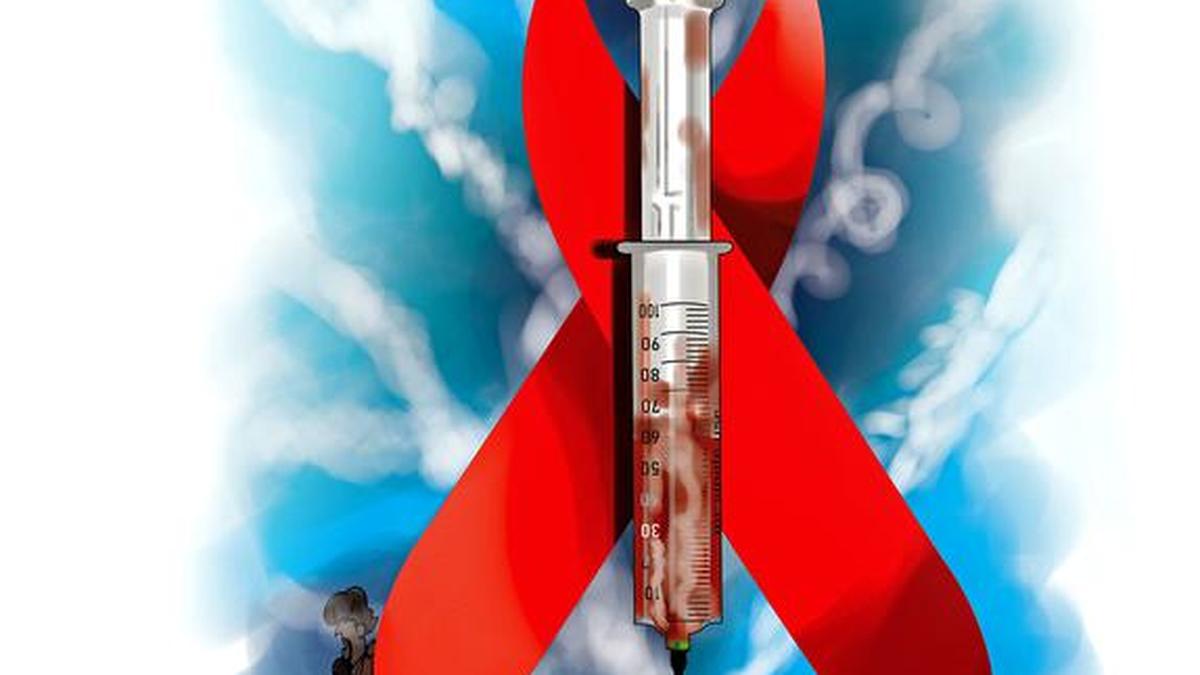
A risky jab and HIV threat put Kerala’s Valanchery in alert mode Premium
The Hindu
HIV outbreak in Kerala sparks fear and stigma among injecting drug users, prompting urgent response from health authorities.
It started with a phone call. Then another. And another. Mujeeb’s (name changed) phone rang non-stop on March 27, as friends and fellow Human Immunodeficiency Virus (HIV) survivors reached out in a panic. The news of an HIV outbreak among injecting drug users (IDUs) at Valanchery in Malappuram district had spread like wildfire, sparking fears of stigma and rejection.
As many as 10 persons were found infected in a routine screening held in the district. It was the single largest HIV outbreak reported in recent memory in Kerala, a State known for its lowest HIV prevalence in the country.
A routine HIV screening of a prisoner at the Tavanur Central Prison last August uncovered a disturbing trend. The prisoner, detained for drug possession, tested positive, sparking concerns of an HIV spread among his fellow drug users in and around the area. After months of careful outreach, health officials coaxed several suspected individuals into testing, yielding alarming results: 10 were HIV-positive. Several of them are married.
The situation is even more worrying as six of the 10 HIV cases were identified as migrant labourers from Assam and West Bengal, a figure disputed by some health officials. They argue that all but three cases are local IDUs. The finding has come as a rude shock to those in the health sector as Kerala is preparing to achieve its ambitious goal of zero new HIV infections by 2030.
Mujeeb knew those fears all too well. He had lived with HIV for 25 years and had spent years fighting to overcome the shame and silence that surrounded the disease. He remembered the dark days of his diagnosis, the feelings of isolation and despair. But he also remembered the moment he found his voice, his strength, and his community.
Now, as he listened to his friends’ worried voices, Mujeeb felt a surge of determination. He plays a key role in the Malappuram District Network of Positive People, a 1,100-member organisation that not only works to prevent HIV transmission but also helps those living with the virus to lead a dignified life. He would do everything in his power to support them, to reassure them and to keep their community safe. He took a deep breath and began to answer the calls, one by one.
“There’s no need to worry, and this isn’t an extraordinary situation. The cases were detected through routine screenings of injecting drug users who shared needles. Let this serve as a warning to injecting drug users elsewhere in the State. But for us, there’s no cause for concern,” he pacifies one of the callers who was trembling with fear on the other side of the phone.





















 Run 3 Space | Play Space Running Game
Run 3 Space | Play Space Running Game Traffic Jam 3D | Online Racing Game
Traffic Jam 3D | Online Racing Game Duck Hunt | Play Old Classic Game
Duck Hunt | Play Old Classic Game











